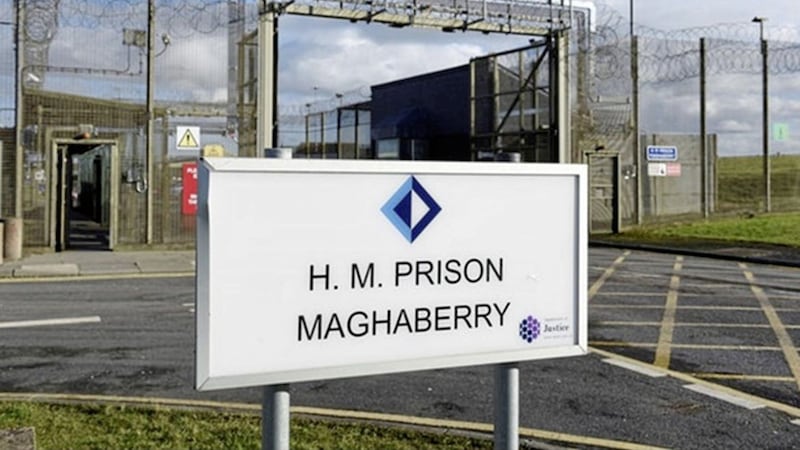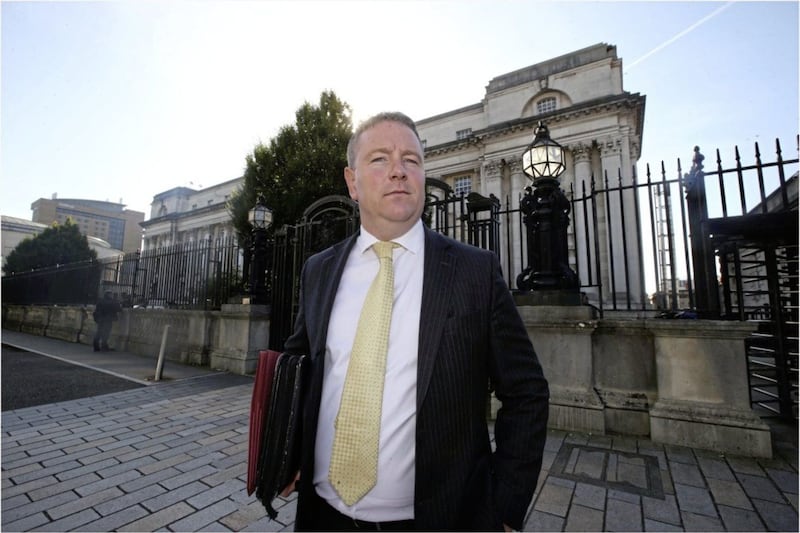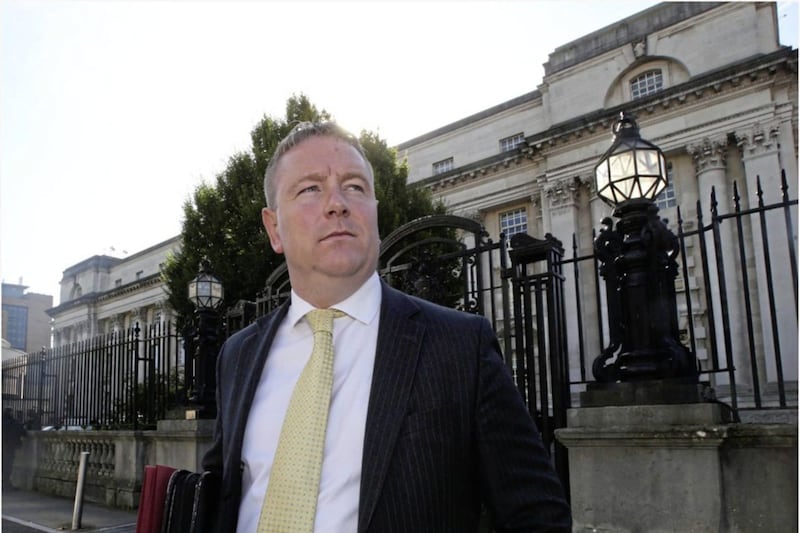CONCERNS have been raised that new release conditions aimed at former paramilitary prisoners are “entirely disproportionate”.
The notification requirements are contained in the Counter Terrorism & Border Security Act 2019, which came into force earlier this year.
It emerged last week that some former republican prisoners are now required to sign a register notifying police of their personal details.
Ex-prisoners were already subject to stringent checks under the 2008 Counter Terrorism Act but these conditions have now been extended.
Some of those impacted have already completed their sentences.
The new requirements include providing the PSNI with an email address and phone number, notifying police of any vehicle owned or driven and handing over bank details.
Strict travel restrictions include telling police of any intention to travel abroad for any period of time, including travelling over the border.
Earlier this month former republican prisoner Tony McDonnell launched judicial review proceedings at the High Court in Belfast.
The west Belfast native was jailed for almost four years in 2013 after he pleaded guilty to possessing documents “likely to be of use to terrorists”.
Mr McDonnell regularly travels to Co Louth with his son for respite care.
The new rules mean he will now have to notify police of any intention to travel.
Police have also told him that in cases where children go to school across the border their parents will have to provide the name and address of the school, times of travel and the intended route.
Similar information will also have to be provided for medical appointments.
His solicitor Michael Brentnall, of Brentnall Legal, said his client believes the requirements “are excessive, wholly restrictive and entirely disproportionate”.
The solicitor added that he is “currently seeking leave to appeal to the Supreme Court the refusal of his application for judicial review, which was heard by the High Court regarding the 2008 legislation”.
Daniel Holder, deputy director of the Committee on the Administration, said it is not clear if the new requirements apply to prisoners released under the Good Friday Agreement.
“In general notification requirements should be limited to what is proportionate and necessary,” he said.
“There needs to be legal clarity about who these requirements can apply to - there is confusion as to whether they could apply to anyone released under the GFA.”
Last year The Irish News revealed how the Counter Terrorism Border Security Act, which at that stage was making its way through Westminster, intended to create a new mile-wide “stop and search zone” along the length of the border.
Under the legislation any member of the public could be stopped to establish if they are entering or leaving the north.
In May it emerged that a Co Fermanagh man was seeking to legally challenge the controversial new powers.







